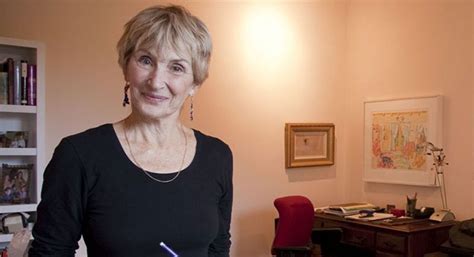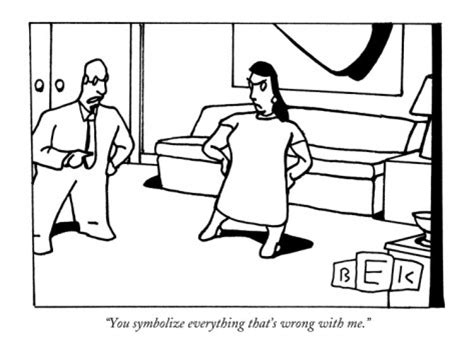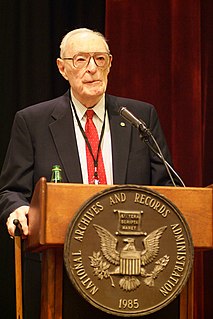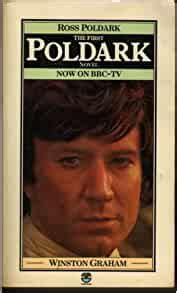A Quote by Lynne Truss
Thurber was asked by a correspondent: "Why did you have a comma in the sentence, 'After dinner, the men went into the living-room'?" And his answer was probably one of the loveliest things ever said about punctuation. "This particular comma," Thurber explained, "was Ross's way of giving the men time to push back their chairs and stand up.
Related Quotes
Well, start waving and yelling, because it is the so-called Oxford comma and it is a lot more dangerous than its exclusive, ivory-tower moniker might suggest. There are people who embrace the Oxford comma and people who don't, and I'll just say this: never get between these people when drink has been taken. Oh, the Oxford comma. Here, in case you don't know what it is yet, is the perennial example, as espoused by Harold Ross: "The flag is red, white, and blue." So what do you think of it? Are you for or against it? Do you hover in between?
I actually cut my sentences a lot. I'm very aware of the actor, giving them too many words - just a mouthful of words - it's difficult sometimes for an actor. So I'm kind of aware of breaking sometimes the line, the sentence with a comma where maybe there wouldn't be a comma there. Just to give a breathing space for the actor, just to be aware of that.
Leaders are problem solvers by talent and temperament, and by choice. For them, the new information environment-undermining old means of control, opening up old closets of secrecy, reducing the relevance of ownership, early arrival, and location-should seem less a litany of problems than an agenda for action. Reaching for a way to describe the entrepreneurial energy of his fabled editor Harold Ross, James Thurber said" 'He was always leaning forward, pushing something invisible ahead of him.' That's the appropriate posture for a knowledge executive.
When I decided to write about my brother and friends, I was attempting to answer the question why. Why did they all die like that? Why so many of them? Why so close together? Why were they all so young? Why, especially, in the kinds of places where we are from? Why would they all die back to back to back to back? I feel like I was writing my way towards an answer in the memoir.
It's Nathaniel Hawthorne Month in English. Poor Nathaniel. Does he know what they've done to him? We're reading The Scarlet Letter one sentence at a time, tearing it up and chewing on its bones. It's all about SYMBOLISM, says Hairwoman. Every word chosen by Nathaniel, every comma, every paragraph break -- these were all done on purpose. To get a decent grade in her class, we have to figure out what he was really trying to say. Why couldn't he just say what he meant? Would they pin scarlet letters on his chest? B for blunt, S for straightforward?
EAT, v.i. To perform successively (and successfully) the functions of mastication, humectation, and deglutition. 'I was in the drawing-room, enjoying my dinner,' said Brillat-Savarin, beginning an anecdote. 'What!' interrupted Rochebriant; 'eating dinner in a drawing-room?' 'I must beg you to observe, monsieur,' explained the great gastronome, 'that I did not say I was eating my dinner, but enjoying it. I had dined an hour before.'
When I was young, I don't know how, I spent all my time in the presence of married women telling me their troubles. And when I said 'Why did you marry?' they said, 'Oh I married to get away from home.' And when I said, 'And why don't you leave him?' they gave the saddest answer in the world: they said, 'Where would I go?' So they stayed with men they didn't like because they had nowhere to go.





































